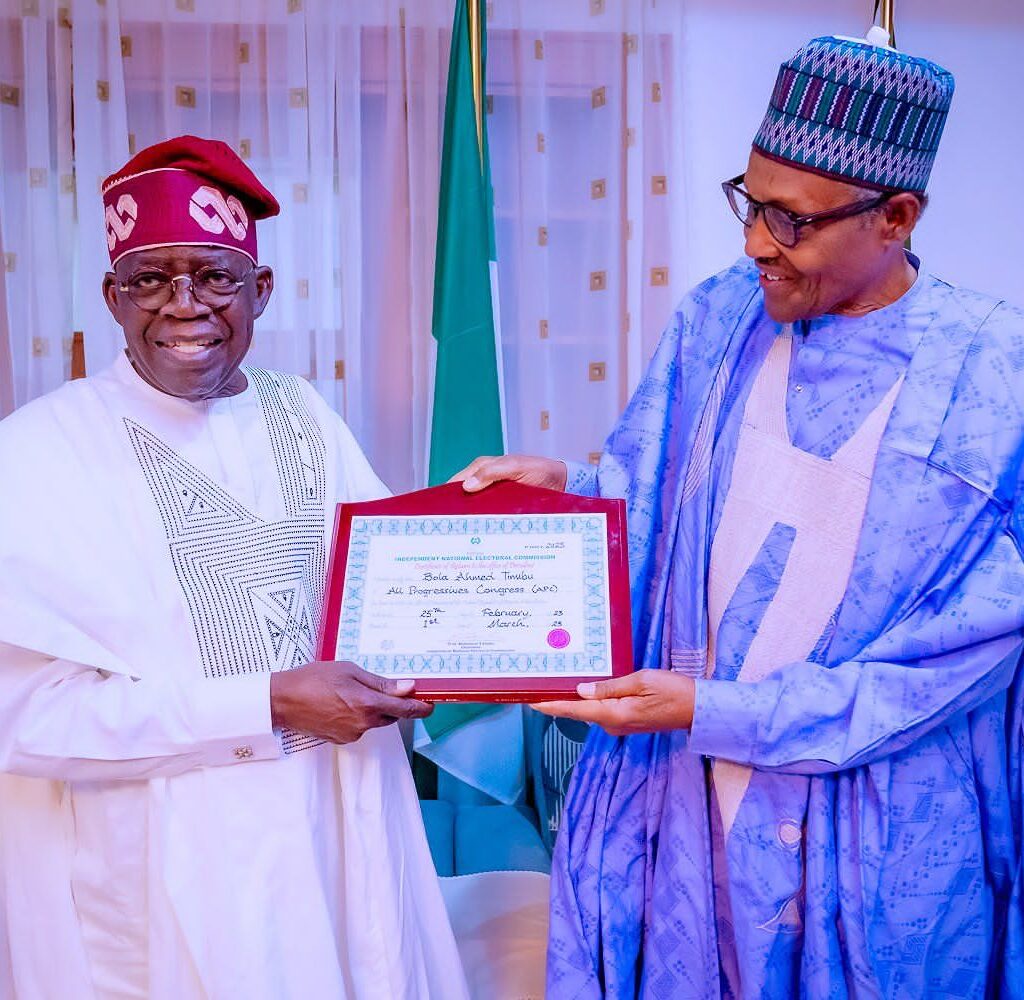
The former president of Nigeria, Muhammadu Buhari on Monday made a startling admission.
He declared that the withdrawal of the oil subsidy was not done in the interest of the nation’s economy. Instead, it was a political move aimed at favouring the All Progressives Congress (APC) and its leader, Bola Tinubu, in the elections of February 25, 2023.
The confession, released through a press statement by Mallam Garba Shehu, Buhari’s former presidential media aide, has sparked a torrent of criticism.
The statement has led to further questioning about Buhari’s tenure and shed light on a host of major issues that Nigeria faced while he was in office.
Nigerians are expressing their outrage after hearing Buhari’s confession about the oil subsidy withdrawal.
The decision, which led to an immediate hike in fuel prices, compounded the economic challenges already faced by the citizens.
The former president’s admittance is now causing many to wonder whether his actions were driven by serving national interests or by political motivations.
Buhari’s statement has also provoked concerns about the ethics of his
governance. Critics have accused him of allowing corrupt practices within his administration to continue unchecked, fostering a culture of impunity.
The Spokesperson of the Coalition of Northern Groups, Abdul-Azeez Suleiman in reaction to the statement said, “The confession by the former President Buhari did not come as a surprise to us at the CNG. If anything, it is a confirmation of what we have been pointing out throughout the eight years of that citadel of poor governance, indifference, insensitivity and unprecedented plunder that was the Buhari presidency.
“We however disagree slightly with Buhari because everyone is aware by now that he never wanted Tinubu to win, and never worked for his victory. Instead, he supported policy directions and encouraged actions that clearly aimed to subvert it. The failure of the Buhari administration to announce the removal of the fuel subsidy was merely one out of the several indecisions, lack of courage and political will to tackle national issues around security, the economy and reintegration that characterized an administration wrapped in the crude cover of crass political opportunism and breathtaking ineptitude.
“It is part of the burdens of the shared legacy of the Buhari administration in the bombs and bullets of insurgents, bandits, and the deteriorating standards of living as politicians and top government officials fleeced the poor of resources to develop, officials whose personal greed and ambitions remained tied to the continuation of decay and destruction of a nation and a people.
“He treated as enemies those of us who tried to wake him up to the magnitude of the humanitarian disaster that criminal activities have created with about five million of our fellow citizens internally displaced with hundreds of thousands of orphans, hunger and malnourishment, previously unknown in our land becoming alarming features of existence.
“Buhari’s confession is part of the unfortunate eight years under a leader who had spent a large part of his life asking all Nigerians to trust him to lead but ended up getting the nation critically endangered by officials who failed to lead with justice and sensitivity to its plural nature and the limitations of our political process.
“Buhari’s confession had only proved that the nation was not wrong when it insisted that his image and vision were not being served by the quality and competence of almost all of the people he assembled to work with him and see the nation through its most difficult period.
“It is a vindication for those of us who were labelled enemies for insisting that the Buhari administration could do much better in managing the economy, in the all-important fight against corruption within the laws of the land, and in rebuilding a nation united around the values of justice and honest enterprise.

It is a vindication for those of us who reminded him daily that hunger was stalking millions of homes, inflation was making life difficult by the day; people were losing jobs, businesses closing down, and infrastructure was decaying. It is also a belated admission that in the last eight years, he led an administration that had acquired the reputation of being the worst in the history of our nation in terms of any capacity to generate confidence in achieving credible national goals.”


